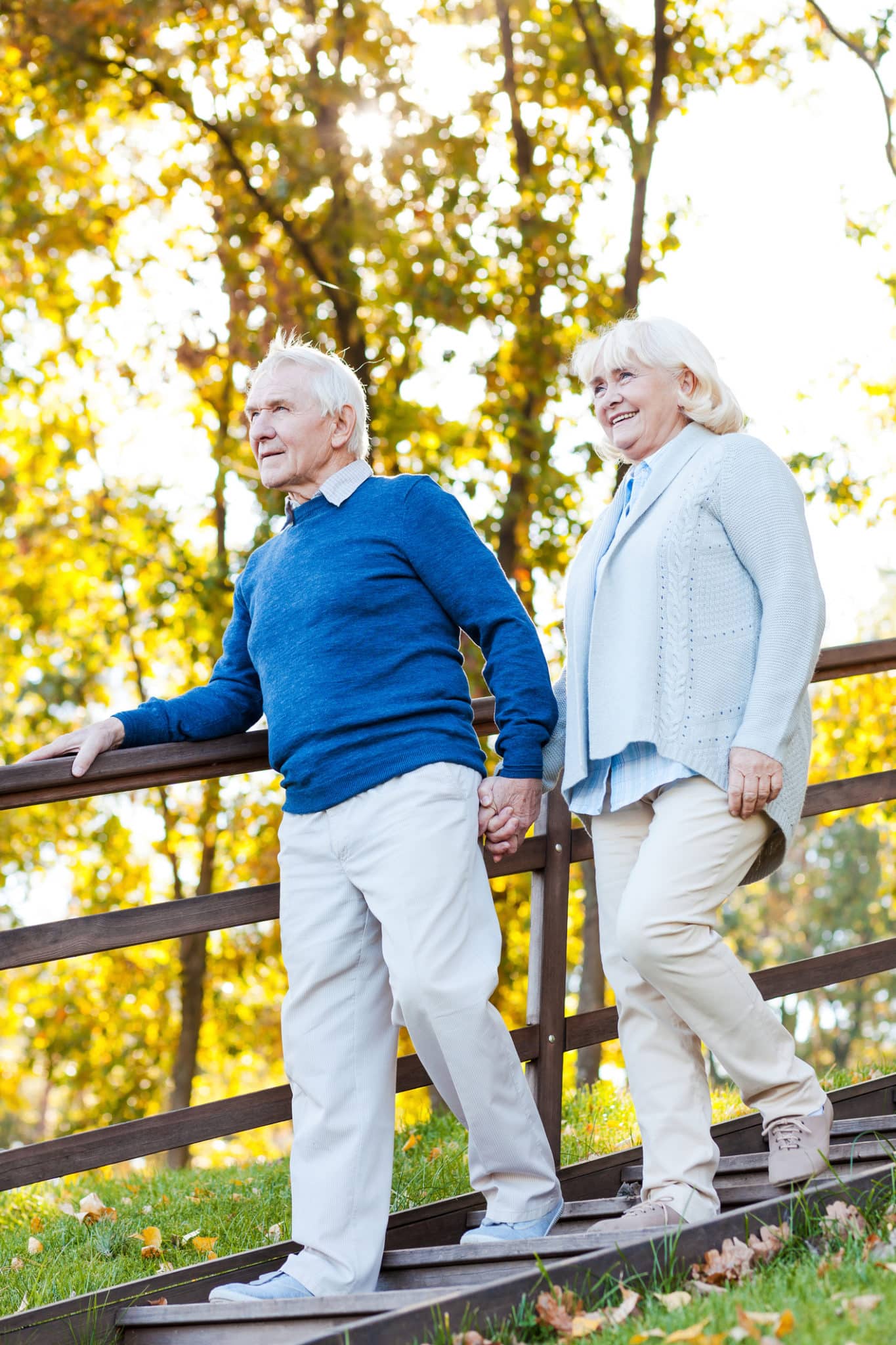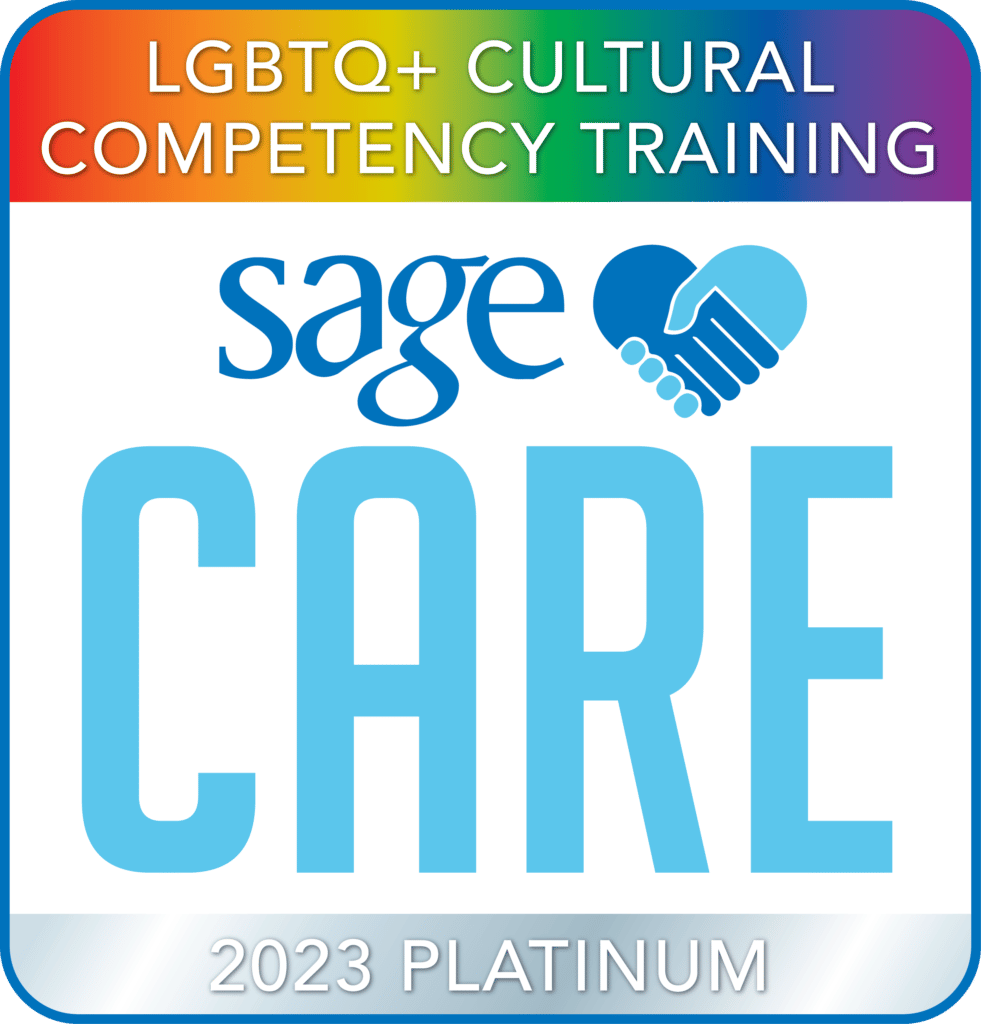Reducing Fall Risk Among Older Adults Living at Home

Falls are the number one risk for seniors and account for the clear majority of injuries, broken bones, and hospital stays they experience. In fact, falls are the leading cause of both fatal and non-fatal injuries for Americans over age 65, which makes fall prevention essential.
Home Health Aides Advise You to Be Aware of What Causes Falls
Older adults are vulnerable to falls for many reasons and knowing what may contribute to a fall can help prevent it. Some of the most common reasons include poor vision, dizziness, poor balance, chronic health conditions, and even the home itself.
Steps Every Senior Caregiver Should Take to Help Prevent Falls:
Step one. Talk to your loved one’s doctor. Seniors often take a variety of medications as well as self-medicating with over-the-counter drugs. Ask the doctor to fully evaluate your loved one’s medications, as well as how they are taking them in order to eliminate any conflicts that may lead to dizziness, sleepiness, low blood pressure or anything else that could cause a fall. This is also a good time to get a record of previous falls, near-falls and fall-related injuries to see if there is a specific issue or an increase in frequency.
Step two. Start an age and health-appropriate exercise routine. Balance, reflexes and strength diminish as we age, but that doesn’t mean anyone should sit in a chair all day. Using targeted exercise regimes on a regular basis, seniors can build up core muscles and strength that is critical to preventing falls and injuries. Be sure to use a physical therapist or trainer who is experienced with older adults and understands your loved one’s health.
Step three. Evaluate your loved one’s environment. Poor lighting, clutter, rugs that shift, slippery tiles, steps, and bathrooms without grab rails significantly contribute to falls. Hallways and rooms should be clear and easy to navigate; install grab bars in the bathroom, and remove rugs. Make sure lighting is bright and easy to access in every room — especially between the bathroom and bedroom. Simple battery-operated press lights work well!
Step four. Your loved one’s wardrobe may pose hazards. Shoes should fit well and have good grip; trousers and skirts shouldn’t be too long. Substitute a sturdy pair of slippers for wearing socks around the home.
Assistance for Seniors and Their Loved Ones Through In-Home Care for the Elderly
United Methodist Communities strives to offer the very best quality senior independent home care options in New Jersey through HomeWorks. This program assists the elderly in the comfort of their own homes and provides them, their families and caregivers personalized, compassionate care that prioritizes health, happiness and independence. In addition to daily homecare, we also offer pastoral care for spiritual and emotional support in the home.
For more information on our senior home care services or to find a qualified home health aide in New Jersey, please contact us today and visit our website at https://umcommunities.org/homeworks/.






